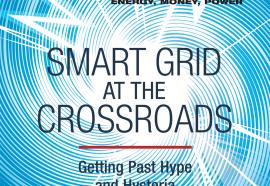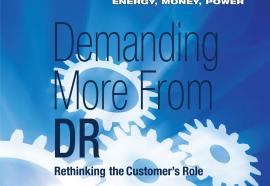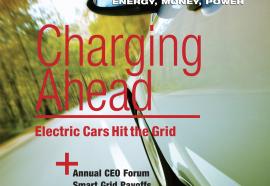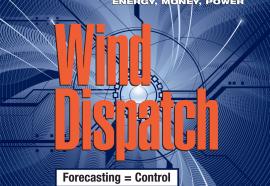Parochial Power Play
Northeastern politicians declare war on capacity auctions.
New Jersey Gov. Chris Christie in February signed into law a bill that will have the state commissioning construction of 2,000 MW of new gas-fired power capacity and dumping it into the PJM capacity market at a $0 price. Maryland is considering a similar capacity-dumping scheme. What’s behind these efforts to manipulate capacity auctions — regional constraints or local politics?










